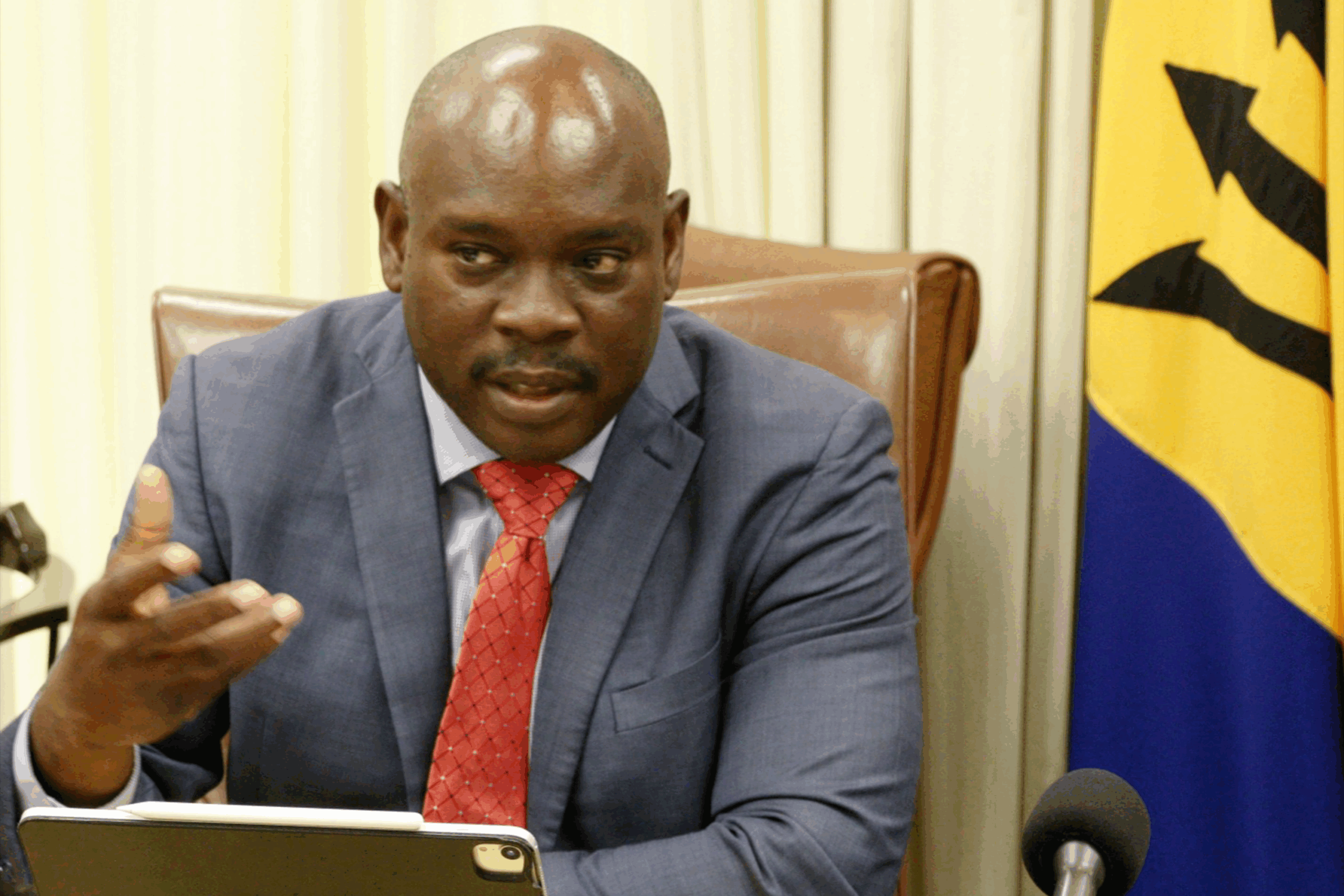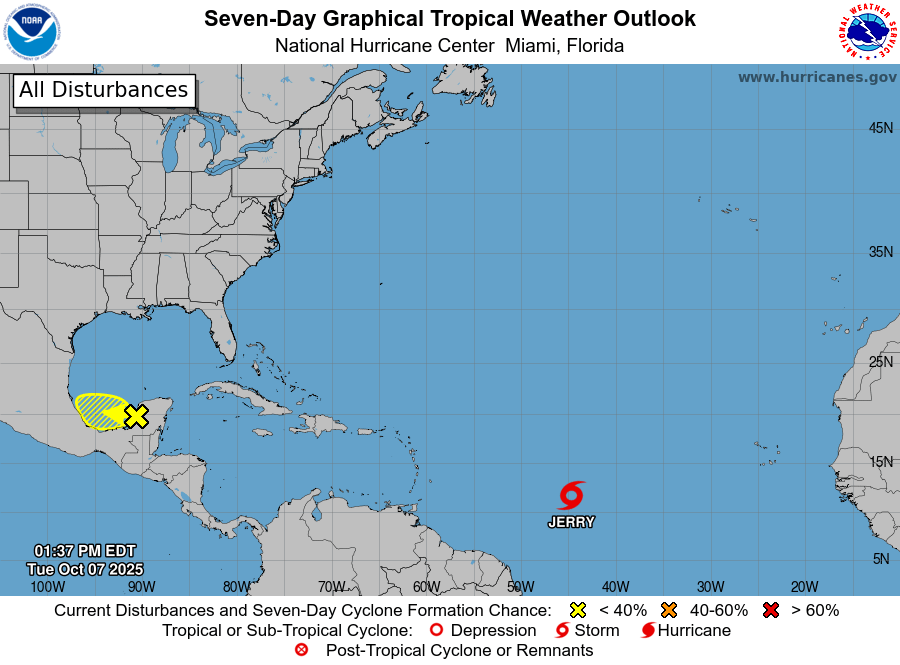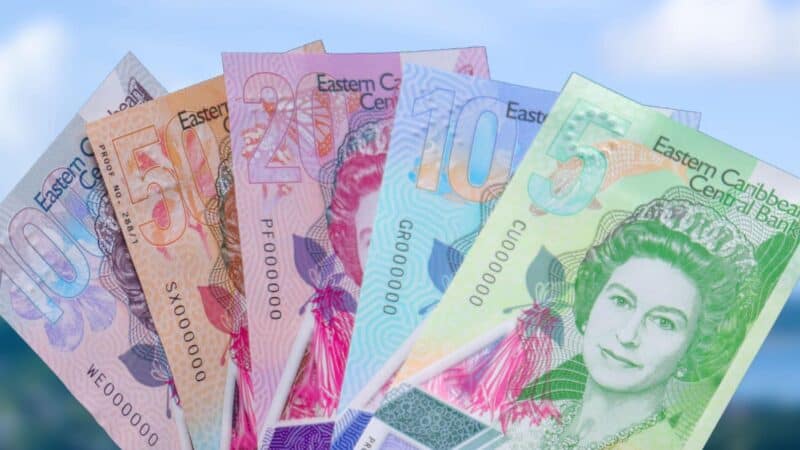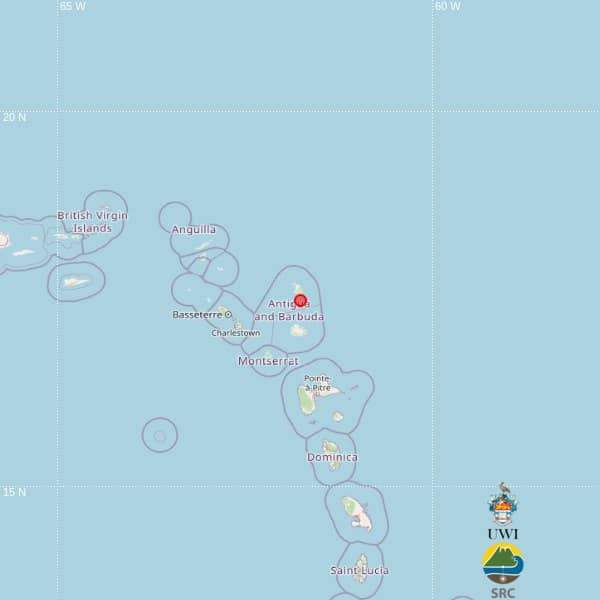The Barbados government has announced that the reclassification of car rental companies under the tourism sector will depend on their commitment to transitioning from fossil fuel vehicles to hybrid and electric models. Finance Minister Ryan Straughn emphasized this during a recent statement, clarifying that no incentives will be provided for the importation of petrol or diesel vehicles.
博客
-
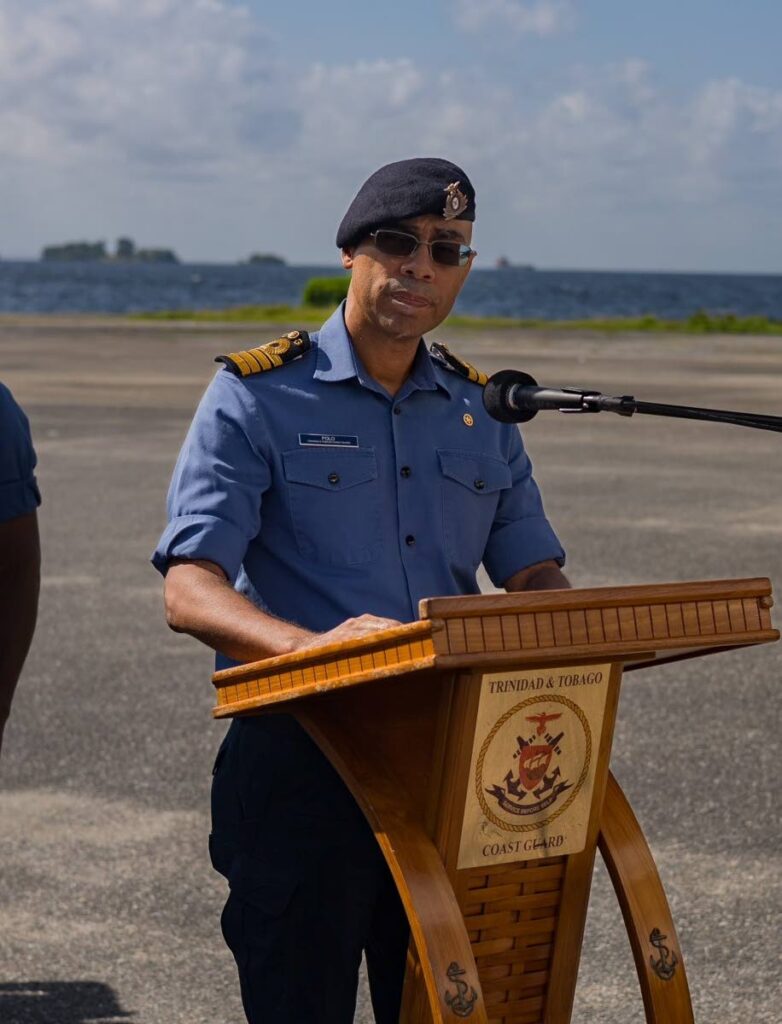
Coast Guard captain Don Polo takes charge — Defence Force shake-up
In a significant leadership transition, Captain Don Polo, the Commanding Officer of the Coast Guard, has been appointed as the new Chief of Defence Staff (CDS) of the Trinidad and Tobago Defence Force (TTDF). This decision, advised by the government to President Christine Kangaloo, marks a pivotal shift in the nation’s military hierarchy. The appointment comes amidst a state of emergency and escalating military tensions in the Caribbean region, particularly between US forces and Venezuela. Captain Polo’s predecessor, Air Vice Marshal Darryl Daniel, whose contract was set to expire in March 2026, was relieved of his duties. The Ministry of Defence confirmed that the decision to replace Daniel was made after thorough deliberations, ensuring it would not disrupt the operational effectiveness of the TTDF. Captain Polo, described as a leader with a wealth of experience and unwavering dedication to maritime security, has been praised for his commitment to national sovereignty. His promotion, however, has raised eyebrows within military circles, as it bypasses several senior officers. The Defence Force, one of the largest in the English-speaking Caribbean, plays a critical role in national security, community development, and international objectives. This leadership change underscores the government’s focus on addressing internal challenges and enhancing the Defence Force’s capabilities in a volatile geopolitical landscape.
-
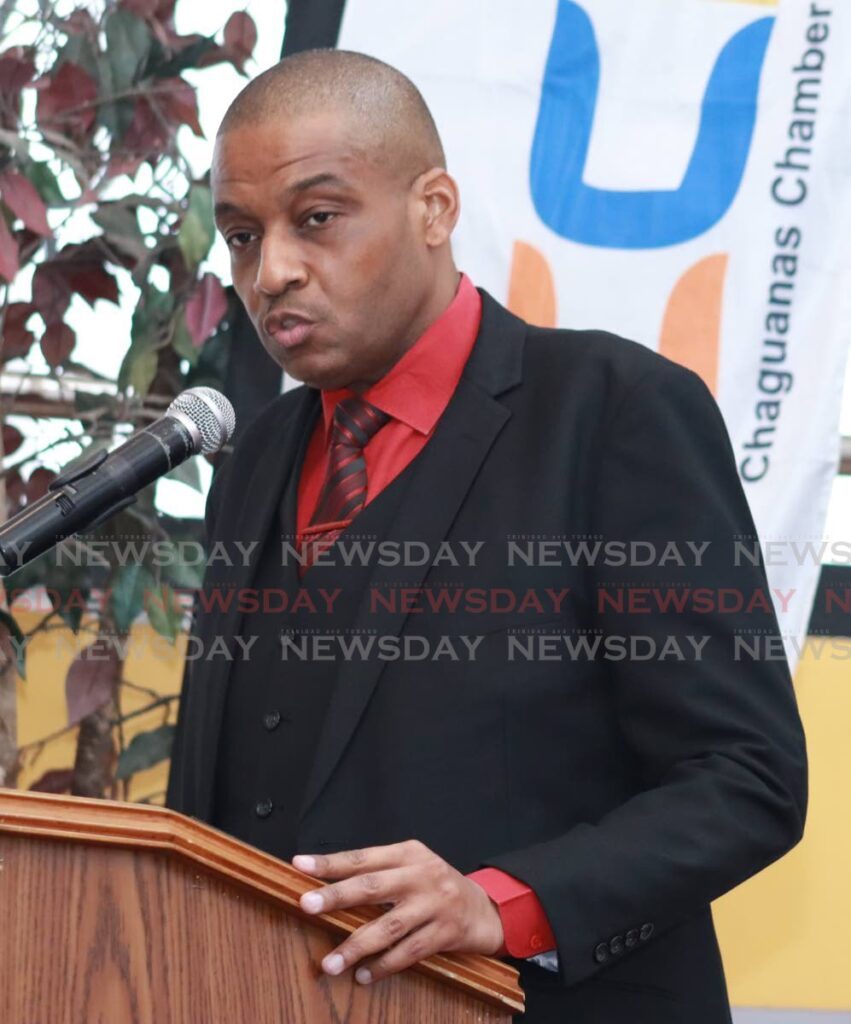
Why no celebration of drop in murders?
In a remarkable turn of events, the country has witnessed a dramatic decline in violent crimes, particularly murders, under the new government and leadership of Commissioner of Police Allister Guevarro. As of October 1, the murder toll has plummeted to 270, a stark contrast to the 474 recorded on the same date last year. This represents a 43% reduction, a figure that underscores the effectiveness of recent law enforcement strategies.
-
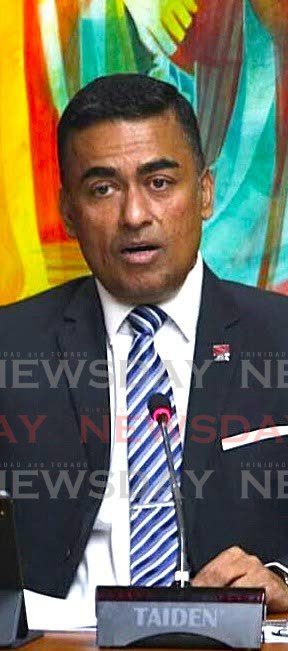
Stability not optional for Trinidad and Tobago
As Trinidad and Tobago (TT) prepares for the 2025-2026 national budget presentation on October 13, the nation stands at a critical juncture. Finance Minister Davendranath Tancoo faces the daunting task of addressing deep-rooted economic challenges that have plagued the country for years. Persistent issues such as low national savings, fragile foreign exchange reserves, stagnant productivity, and institutional inefficiencies have hindered growth and competitiveness. The upcoming budget must transcend the incremental adjustments of the past and deliver a decisive policy reset to restore economic stability and resilience.
Global uncertainties, including energy market volatility, rising US interest rates, and geopolitical risks, compound TT’s domestic pressures. Chronic fiscal deficits, an unstable foreign exchange market, and eroding buffers have weakened confidence in the economy. On the real economy front, weak productivity growth, distorted wages, and sluggish non-energy investment further exacerbate the situation. Policy measures often clash rather than complement each other, creating a cycle of inefficiency and diminishing credibility.
Drawing lessons from successful economies like the Gulf states and the Asian tigers, TT must prioritize long-term strategies over short-term fixes. These nations leveraged energy windfalls and mobilized savings to build robust sovereign wealth funds, reduce dependency on rents, and drive efficiency. In contrast, TT has seen low savings, inefficient public projects, and hesitant private investment. The lack of institutional adaptability has further hindered coherent policy design.
The 2025-2026 budget must focus on four key priorities: external stability, national savings mobilization, capital efficiency, and institutional reinforcement. A transparent and credible foreign exchange regime, robust savings frameworks, smarter public investment, and strengthened institutions are essential for sustainable growth. The budget should balance short-term stabilization with long-term reforms, demonstrating a clear trajectory for citizens, investors, and international partners.
This budget is not just a fiscal exercise; it is a moment for leadership. TT must move beyond improvisation and chart a durable course anchored in savings, efficiency, and credibility. The government’s choice is clear: continue with patchwork measures and risk decline, or seize this opportunity to transform the economic model and secure a stable future.
